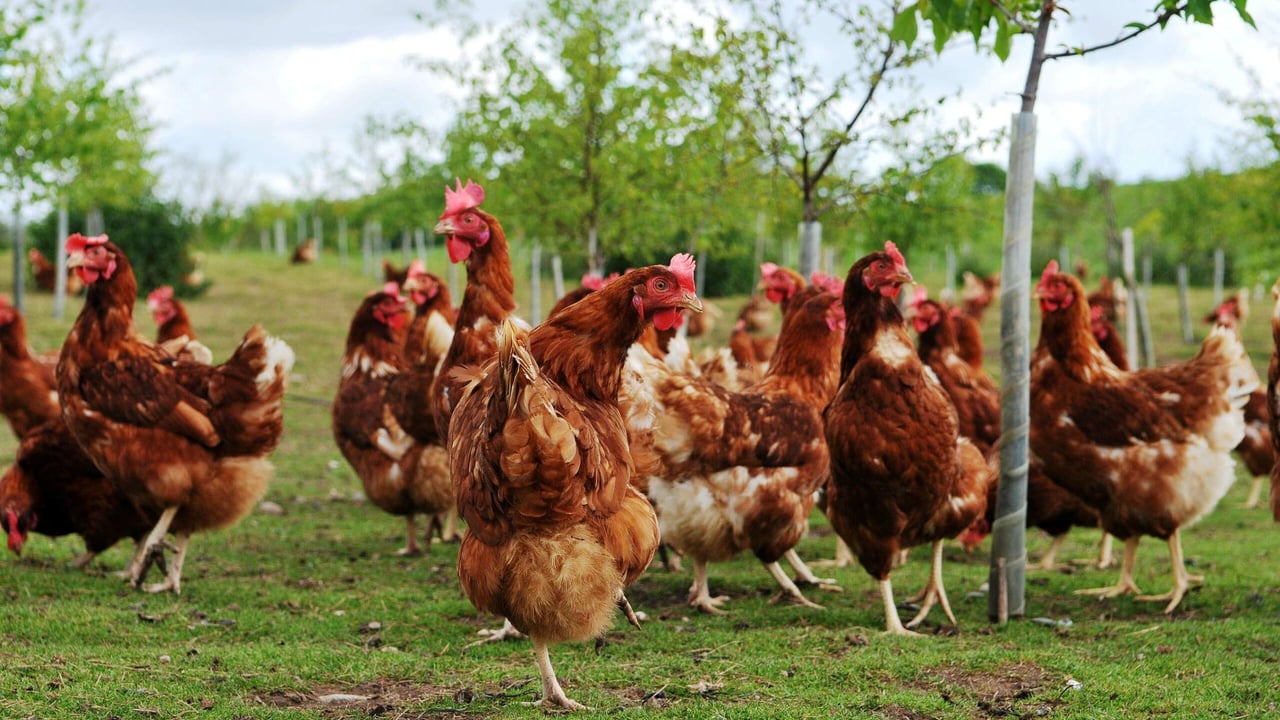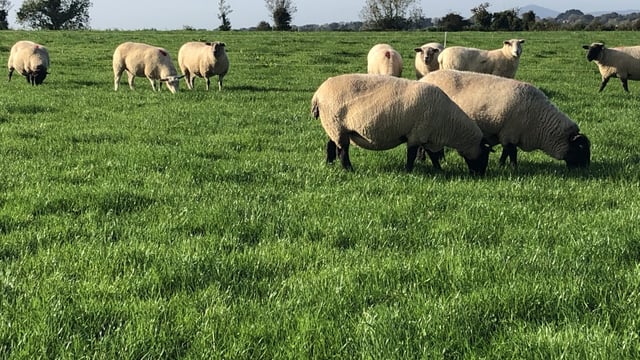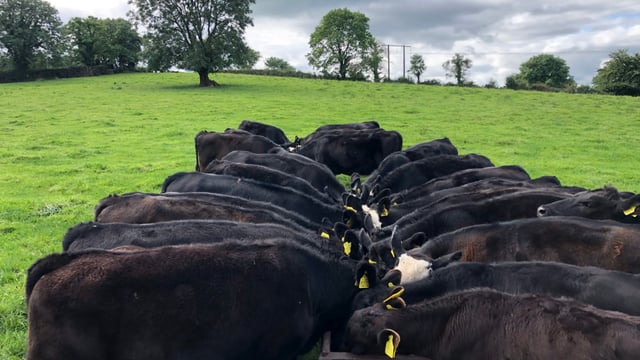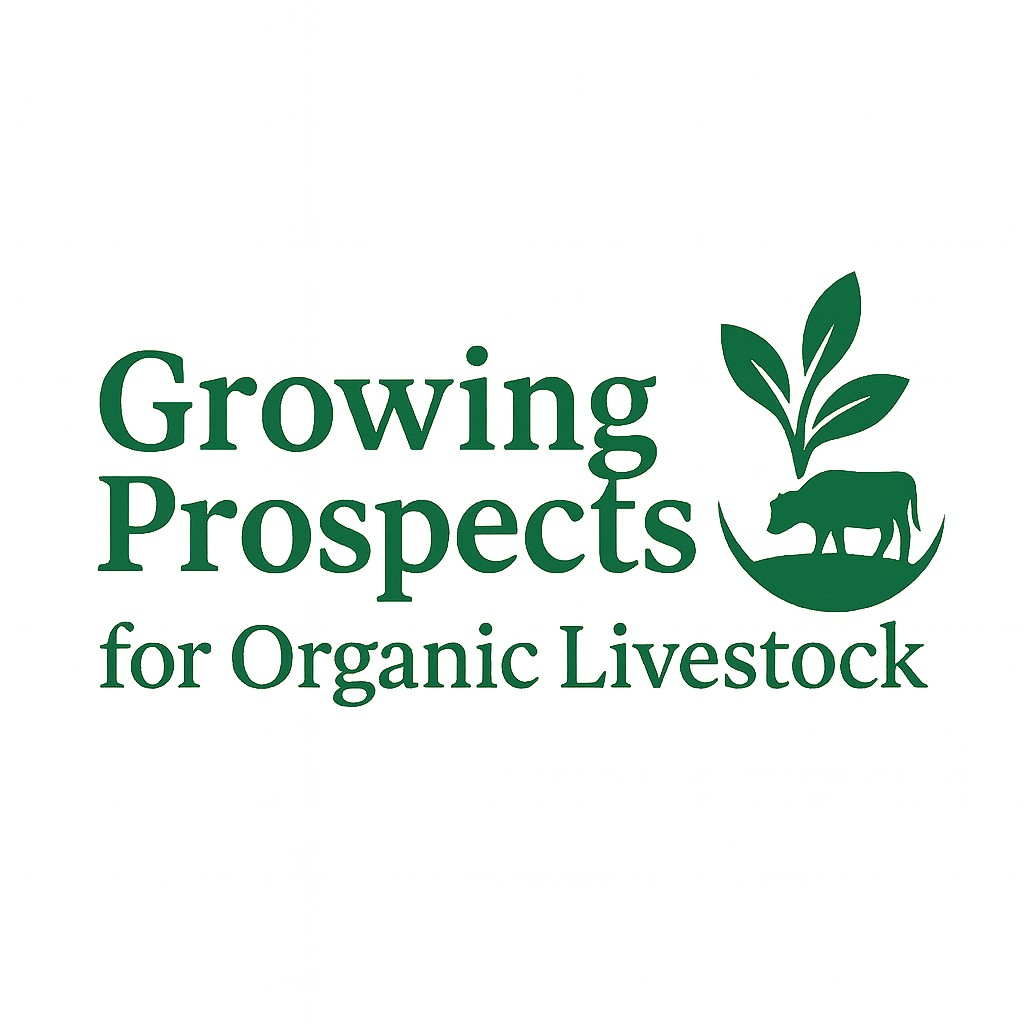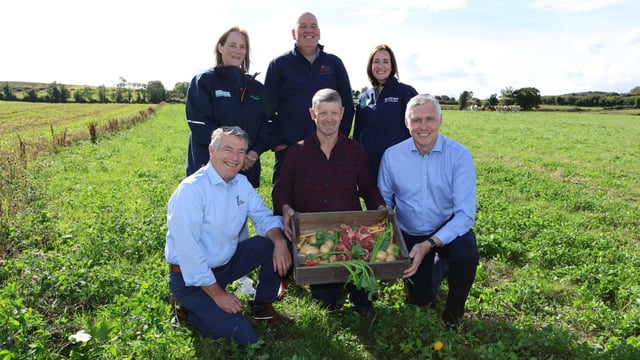Testing confirms presence of avian influenza in NI
The chief veterinary officer (CVO) for Northern Ireland (NI) has confirmed that highly pathogenic avian influenza H5N1 (commonly known as bird flu) is present in NI at a commercial poultry premises near Dungannon, Co. Tyrone.
The confirmation was made today Friday, February 21, after the official laboratory results from the national reference laboratory at Weybridge in England were published.
As a result, the temporary control zone that was in place around the premises from Saturday February, 15, following suspicion of an outbreak of avian influenza, has been revoked and replaced by a 3km protection zone and a 10km surveillance zone (SZ) from Thursday, February 20, 2025.
The Department of Agriculture, Environment and Rural Affairs (DAERA) has also declared the presence of one additional case of avian influenza in a captive bird premises near Magherafelt, Co. Derry.
According to the CVO, the suspected signs of an outbreak were detected on February 3 and a captive bird temporary control zone was applied around the holding on February 7.
This was later upgraded by the CVO to a 3km captive bird monitoring control zone, which remains in place today.
A spokesperson for DAERA has announced that "there are no further cases at this juncture".
Farmers and poultry holders residing in bird flu disease control zones, must legally comply with the strictest of biosecurity rules to mitigate the risk of further infection, some of which include:
- No movement of birds and/or other mammals to, from and or around the control zone, unless the movement is licensed by an inspector;
- A record of anyone that transports or markets poultry or poultry eggs;
- Compliance with biosecurity rules imposed by veterinary inspectors, including the cleansing and disinfection of vehicles and equipment;
- Adherence to rules for marking, sourcing;
- No participation in bird gatherings of any kind;
- Isolation and housing of poultry and other kept birds;
- If birds are kept isolated but not housed, the occupier must ensure that they have no contact with other captive birds on the premises;
- Prohibition of the release of game birds in the control zone;
- No spreading of poultry litter, manure or slurry;
- Keep poultry and other captive birds housed;
- Disposal of carcasses in accordance with veterinary inspectors instructions.
Avian influenza is a notifiable disease, meaning, that anyone who suspects an animal may be affected by the disease, must, by law, report it to their local DAERA direct office.
According to the public health agency, avian influenza is a disease affecting birds primarily and the risk to the general public’s health is deemed "very low".
The food standards agency has also advised that avian influenza poses a "very low food safety risk" for consumers, and that properly cooked poultry and poultry products, including eggs, are "safe to eat".

